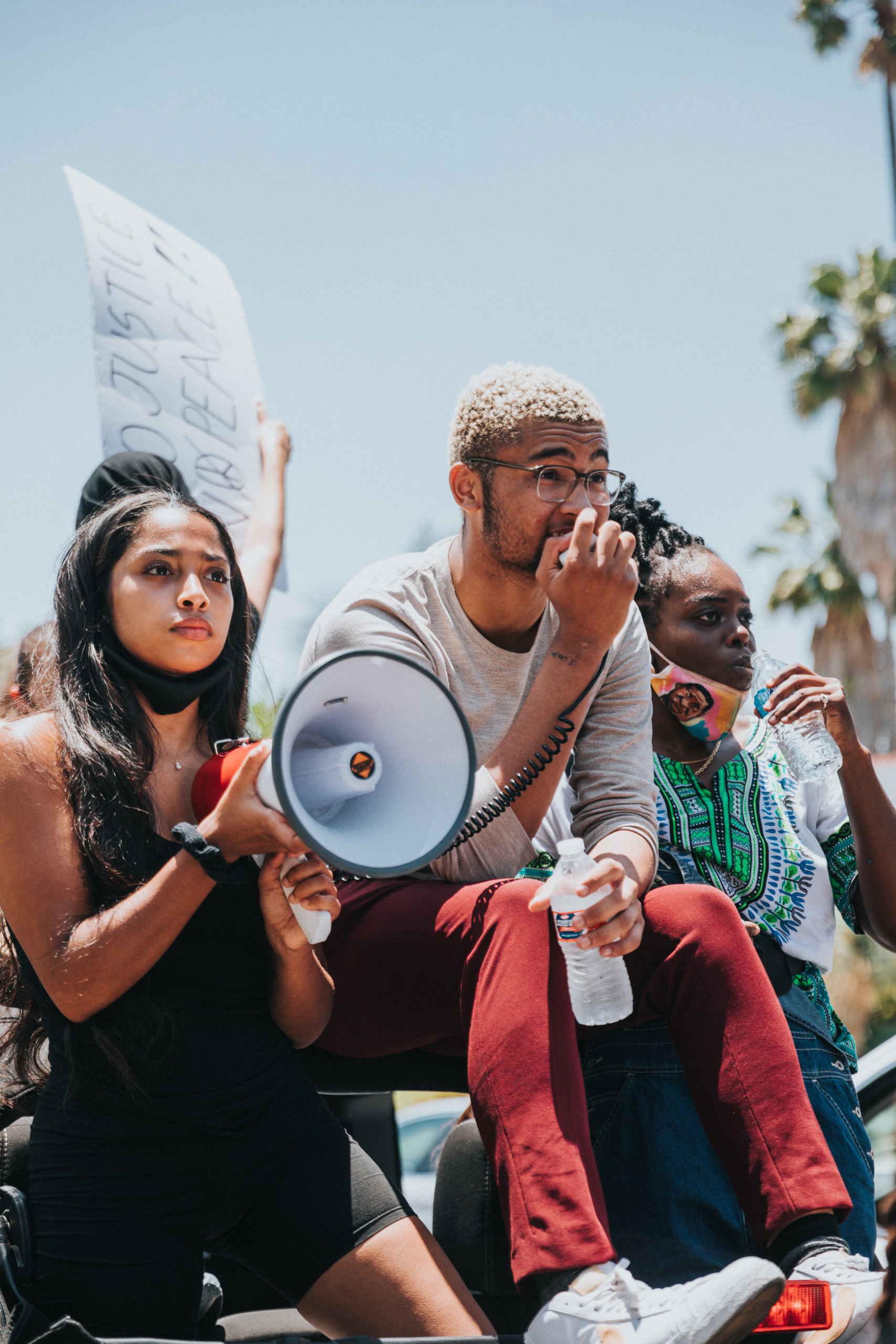The Youth Caucus took place on 11 October 2022 as part of the Town Hall track sessions, which foster dialogue between leaders of local and regional authorities and civil society organizations and other stakeholders.
Youth are the main constituents of the future; they will be the ones to experience the effects of climate change and the effects of challenges the world is unable to solve today. Today, this means that young people should have a seat at all tables and in all political processes where decisions that directly impact them take place.
Unfortunately, the reality is that youth are among the groups whose voices are often least considered and valued by politicians. The United Cities and Local Governments’ (UCLG) Youth Caucus has taken the lead in breaking this barrier, and through the Policy Paper “Time for an Intergenerational Social Contract: The Inclusion of the Youth in Urban Processes,” it aims to contribute to the outcome of the UCLG World Summit of Local and Regional Leaders. Moreover, the Policy Paper, which is the foundation of the session’s discussion, sets an ambitious goal of transforming the decision-making processes at the local and regional level. It lays out the key issues that young people face at the urban level around the world and offers policy recommendations and a joint action agenda to drive the change needed. The discussion is organized around the main themes of the Town Hall – trust and governance, common goods, caring systems, and climate and culture.
One of the key challenges identified lies in the complex relationship between youth and the government. There are four main contributors to this challenge: 1) the inefficiencies of public administration and insufficient funding; 2) the exclusion of youth from the decision-making process; 3) the lack of political and civic education — which lead to difficulties in understanding the administrative, legal, and political processes and as a result creates barriers in civic engagement; and 4) lack of trust in governance and corruption.
The youth are particularly affected by the challenges in accessing adequate public health systems, water and sanitation, housing, and public transportation. The shortage of private subsidies to facilitate acquisition of transportation means for young people also contributes to the ability of young people to thrive and engage in cities. Unequal access to education is another major barrier that many young people face, which dovetails into another core challenge for youth around the world– difficulty in finding quality, dignified job opportunities. Lastly, many young migrants face discrimination, xenophobia, and exclusion from host city culture. Each of these issues requires local governments to respond and facilitate improvements to support youth and strengthen trust, engagement, and future prospects.
While solutions to the threats posed by climate change and environmental degradation depend on the policy decisions of the national government, local and regional government can already collectively contribute by lowering emissions, adopting policies for climate change adaptation, and addressing proper waste management.
Among the policy recommendations that the Youth Caucus has proposed are, for example, the inclusion of young people in policy development or budgeting. They advocate for young people receiving political and civic education to facilitate their effective engagement in urban civic life; as well as for adequate access to public health, water, and sanitation. Lastly, the session underscored the importance of engaging youth from underserved communities and municipalities to ensure the “leave no one behind” principle is truly at the core of key decisions. As a way forward, the Youth Caucus has proposed a dialogue between youth and local governments across the world to discuss and engage in feedback on the implementation of the policy proposals.

